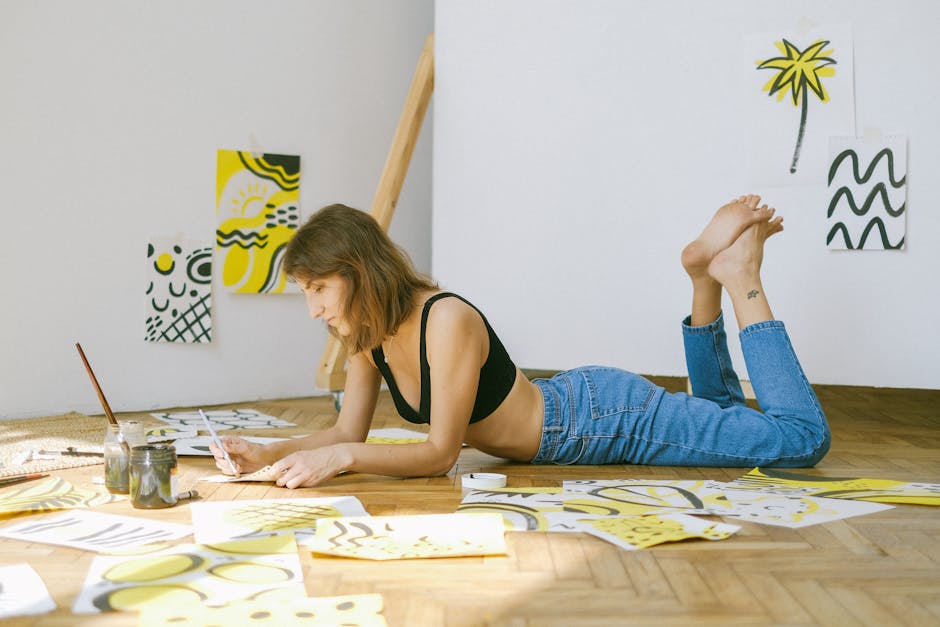
The Role of Art in Mental Health
Art has long been recognized as a means of expression and a source of beauty. But did you know that art can also play a crucial role in promoting mental health and well-being?
For centuries, people have turned to art to explore their emotions, cope with stress, and find solace in difficult times. Whether it's painting, sculpting, writing, or dancing, engaging in artistic activities can have a profound effect on our mental well-being.
One of the key ways art helps improve mental health is by providing a means of self-expression. Many individuals find it challenging to put their thoughts and emotions into words. Art allows them to communicate and explore their innermost feelings in a nonverbal and abstract way. Through art, individuals can express their deepest fears, hopes, and aspirations, fostering a sense of release and relief.
Art also serves as a form of therapy for individuals with mental health conditions. Art therapy, led by trained professionals, enables individuals to use artistic techniques and mediums to explore their emotions, reduce anxiety, and gain insight into their experiences. This therapeutic approach can be particularly beneficial for those struggling with trauma, depression, anxiety, or other mental health disorders.
Moreover, art engages the mind and enhances cognitive abilities. Engaging in artistic activities stimulates and challenges the brain, improving focus, concentration, and problem-solving skills. This cognitive boost can greatly benefit individuals with mental health conditions, as it promotes a sense of accomplishment, self-esteem, and empowerment.
Art also provides a way to disconnect from daily stresses and worries. Engaging in artistic pursuits allows individuals to enter a state of flow, where they become fully absorbed in the creative process. This state of flow is similar to meditation and can help reduce stress, lower blood pressure, and promote relaxation.
The role of art in mental health is undeniable. It offers a unique and powerful avenue for self-expression, therapeutic healing, and cognitive enhancement. So, whether you pick up a paintbrush, write a poem, or dance your heart out, don't underestimate the impact art can have on your mental well-being.
